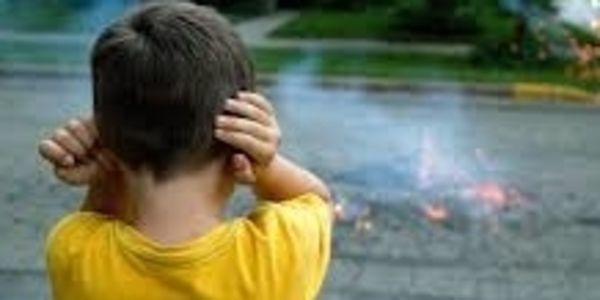
Supreme Court takes a Tough Stand
It will be a change from the deafening Diwali to a cleaner Diwali this year in Delhi-NCR as Supreme Court has imposed a ban on the sale of firecrackers. The ban has been laid in view of concerns over pollution caused by smoke and chemicals released into the environment. Doctors and environmentalists have welcomed this decision as it will give relief from the episodic air pollution levels in October. Greenpeace India noted that the pollution levels in north India are multiple times higher than the national standards throughout the winter months, hence, there is a pressing need to look at a stricter, comprehensive and time-bound action plan to address all sources of air pollution across the country. Dr. Sandeep Nayar, HOD, Respiratory Medicine, Allergy and Sleep Disorders, BLK Super Speciality Hospital stated that pollution affects our body adversely and aggravates underlying diseases such as asthma. He said that the number and severity of diseases have increased manifold in the city. Dr. S. P. Byotra, chairman and head, Department of Internal Medicine, Sir Ganga Ram Hospital, said that they were witnessing almost 40% to 50% increase in OPD patients with respiratory problems. He added that wearing a pollution mask, controlling indoor air quality and using air purifiers at home may give some relief to such patients. Experts warn that around the time of Diwali, the air quality deteriorates drastically as a thick layer of smog mixed with dangerous chemicals engulfs the city. Breathlessness, coughing fit, chest tightness, asthma, pulmonary disease, rhinitis, and pneumonia are some of the common ill-effects of high levels of air pollution around Diwali. In 2016, Delhi’s air pollution levels stood at “severe” with the average PM2.5 level being recorded at over 700g/m³, 29 times above WHO standards.
